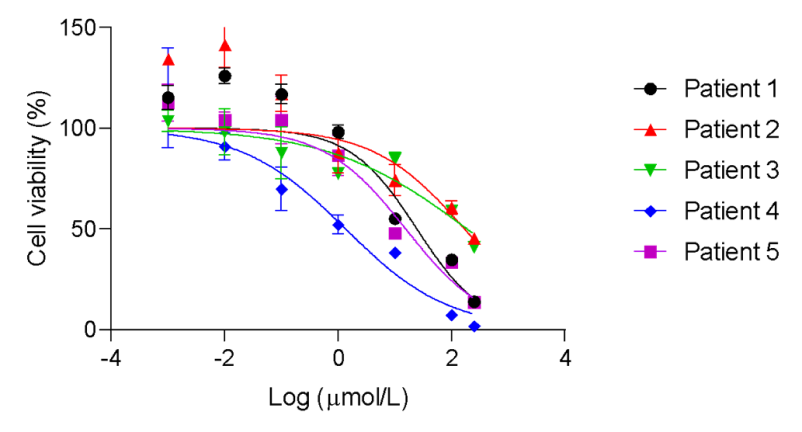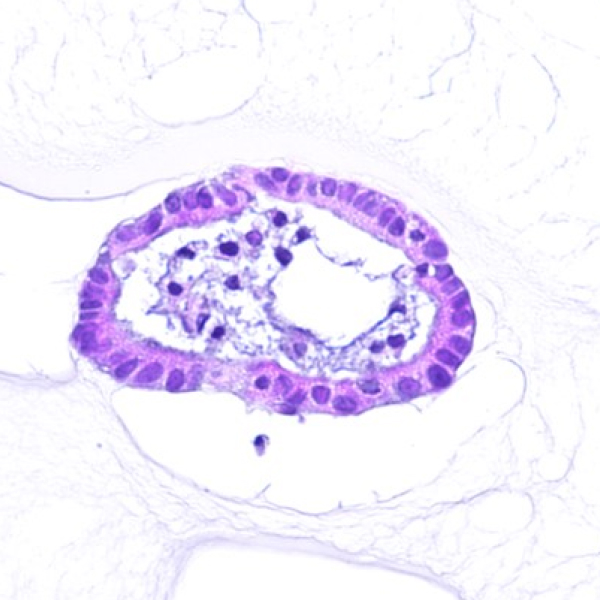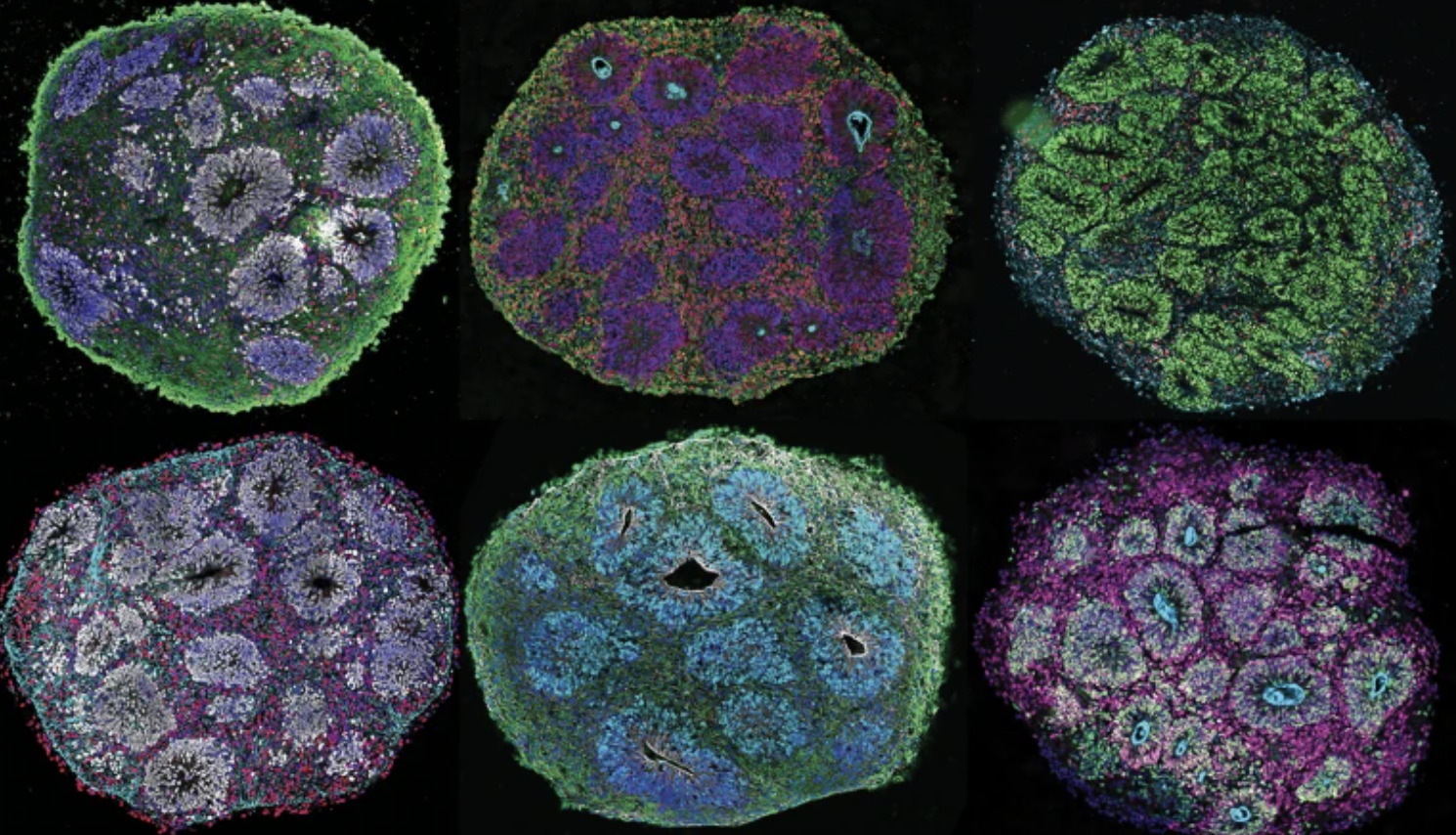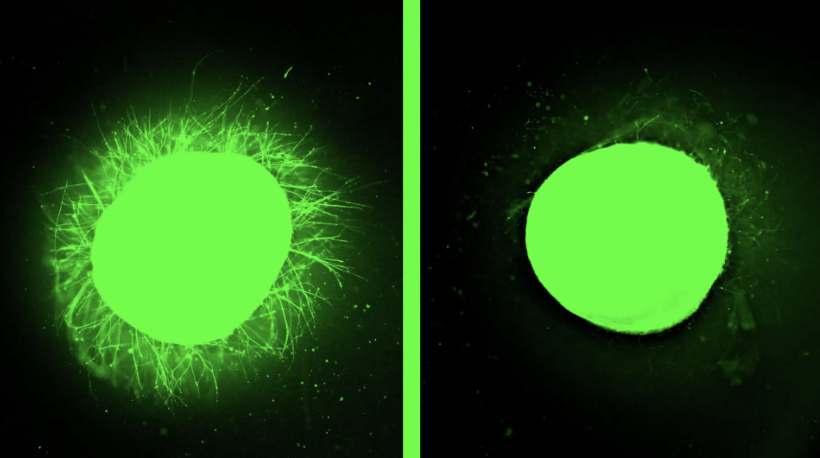Breast cancer, the most commonly diagnosed cancer, exhibits significant intra- and interpatient heterogeneity, leading to variations in treatment efficacy. Preclinical models are urgently needed to predict individualized drug responses. Patient-derived organoids (PDOs) accurately replicate the architecture and characteristics of the original tumor, offering advantages over cell lines and PDXs. However, it remains unclear if PDO-based drug testing benefits breast cancer patients, especially those with recurrence or resistance. Surgically resected tumor samples were cultured to establish 75 PDO models. H&E staining, immunohistochemistry (IHC), and whole-exome sequencing (WES) confirmed that PDOs inherited histologic and genetic traits from parental tumors. Drug sensitivity tests demonstrated PDOs’ ability to predict patient drug responses, showing consistency with clinical outcomes. This suggests that PDOs could guide personalized therapies for advanced breast cancer patients, serving as a potential preclinical tool for effective drug selection.
Keywords: organoids, patient-derived organoids, drug screening, personalized medicine, breast cancer






